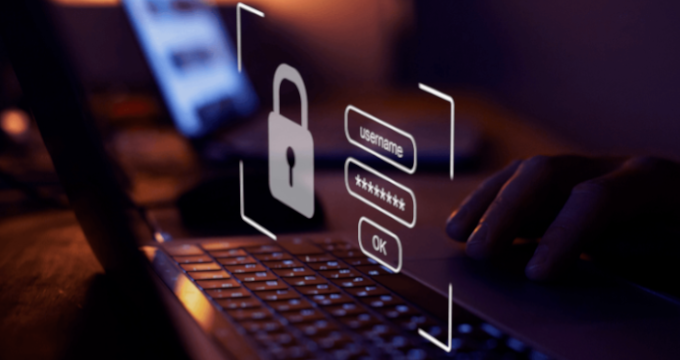Corporate e-learning is a fast-developing industry. According to recent stats, it is set to increase by $37,80 billion until 2025, growing at a steady annual rate of 13,24%. The fast proliferation of e-learning in the corporate sector is driven by the need of enterprises to train and upskill workers in the new digital era – something traditional academia can’t provide on a regular basis.
In a bid to meet the increasing workplace requirements, organizations are building custom corporate learning management systems to educate and train employees. Such systems are knowledge bases of vast and unique company expertise and are attractive targets for cybercriminals.
Previously, we have talked about the key features of corporate e-learning platforms and the stages of their development. In this blog, we will dwell on the security aspects of platforms for corporate e-learning.
Building Corporate E-Learning Platforms: Security Aspects to Consider
Unique knowledge, corporate intelligence, and learners’ sensitive data are what criminals are after, as they target organizational learning management systems (LMS). Apart from data leakage, cyberattacks can cause data loss and corruption and seriously disrupt platforms’ accessibility and performance.
All in all, the core aspects of corporate e-learning platform security include:
Authenticity: Your corporate e-learning platform should be available to authorized users only.
Access control: No unauthorized third party should be able to access the platform’s course content and users’ personal data.
Confidentiality: The platforms’ users should rest assured that their sensitive data, for example, information on their progress and performance, will not be disclosed without their consent.
Integrity: No intruder should be able to move, copy or corrupt the platform’s data. The data should also be safeguarded against corruption and loss due to technical issues.
Availability: Users should be able to access the platform from desktop and mobile devices, and be guaranteed non-disruptive performance.
Another important security aspect is non-repudiation, i.e. making sure that the validity of certain actions and data cannot be questioned. For example, if a user sends a message via your platform, he or she should not be able to deny the responsibility for sending it.
Surely, these security aspects call for a reliable data protection system. In our next section, we will explore the essential elements of corporate LMS security.
Core Elements of Secure Corporate Learning Management Systems
As technology advances, so do the cybercriminal methods of data hijack and unauthorized access. Traditional security protection measures are no longer enough: the security of corporate LMS security be based on a combination of multiple data-protection approaches and methods.
Below are the security features that we recommend introducing when building corporate learning management systems.
Strong authentication and verification features
Two-way authentication is a must for ensuring an adequate level of protection for users’ data and profiles. Surely, it may not prove as easy and user-friendly as a simple password entry, but it can help prevent unauthorized access and data leakage. The recent trend is to use biometric authentication methods to ensure account security.
AI-based security tools
Traditional antivirus software uses a database of known threats, while AI tools are capable of tracking suspicious activity in real-time and defining the previously unknown security hazards. Think about integrating AI security tools into your corporate LMS platform.
Data encryption
Similar to e-health, the security of ed-tech solutions will also benefit from using encryption techniques. Using data encryption to ensure protected message exchange between users is one of the highly recommended measures of LMS protection.
Strong security policies
Introduce corporate security policies controlling who, when, and under what circumstances has the right to move, copy or change the course content and learning assets. Additionally, this security policy should control who can bring their own devices and access the LMS content and control panel through them.
Backup systems
Build a reliable system for data backup to ensure the safety and integrity of your corporate intelligence and unique course content. Ensure that this system uses multiple data repositories, cloud-based, and on-prem.
These measures, as well as educating your employees on the importance of data security, will help you safeguard your corporate LMS from attacks and intrusions. However, with the technology constantly evolving, security systems need to be constantly updated and ready to withstand new threats.
In essence, you need a tech partner dedicated to constant support and upgrade of your Learning Management System, ensuring it is adequately protected from all the emerging security hazards. If you use an old LMS system, which hasn’t been updated for a long time, it could be an easy target for cybercriminals.
At VARTEQ we are focused on building solutions for e-learning, enhanced with data analytics, machine learning, and AI. Looking for a tech partner to help you build a secure corporate LMS? Contact us now for a free consultation!


